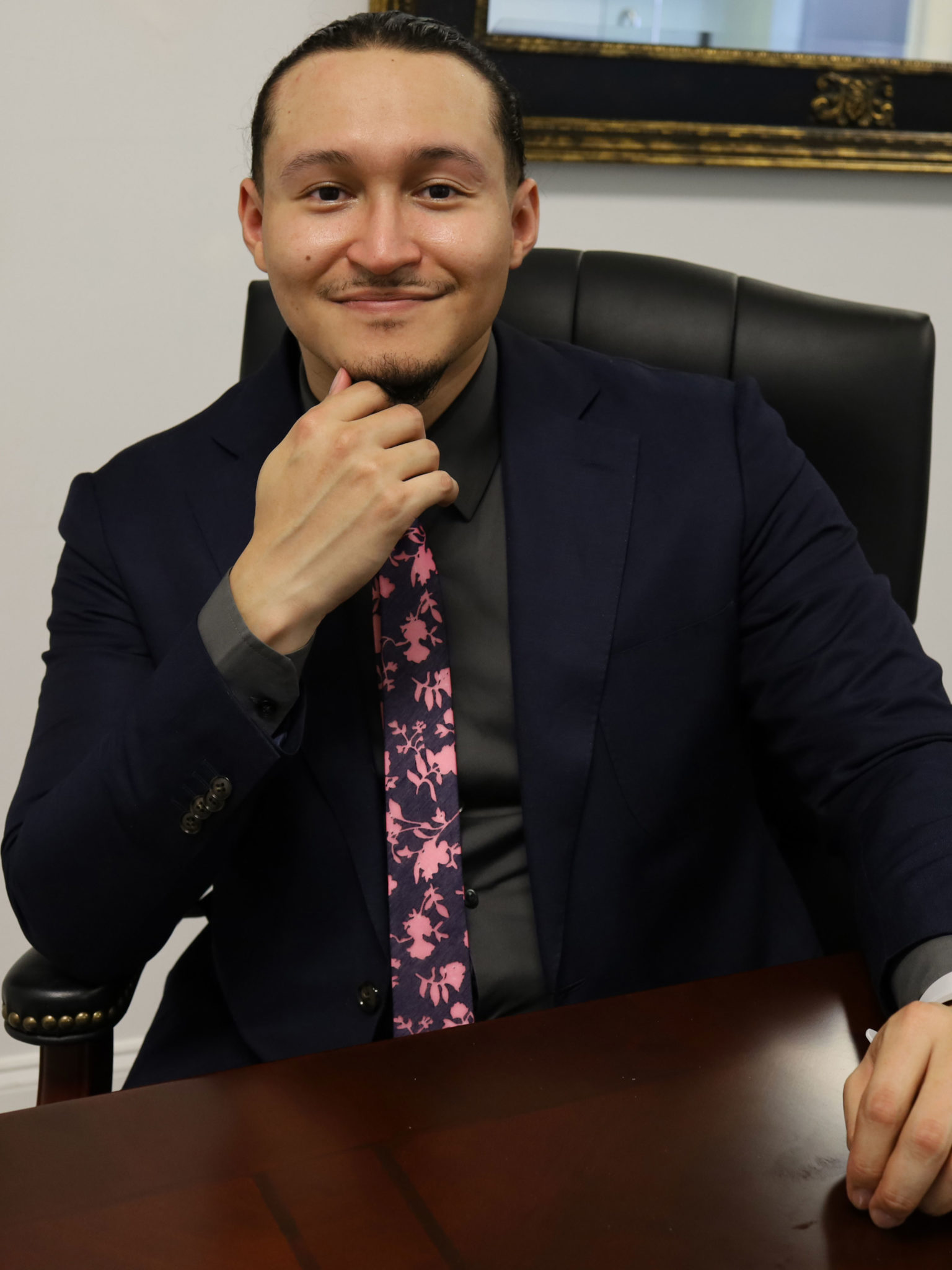Oscar V. A. Lanza Menjivar
3L
///////////////////
Hometown: Morrow, GA.
Interests:
In my free time I enjoy programming, reading comics, building computers, and playing video games. I also enjoy working with minority rights nonprofit organizations, like GALEO, to ensure elections remain fair and underrepresented communities are heard.

PREVIOUS EDUCATION
Georgia Institute of Technology (Certification, Full Stack Flex Web Development (MERN)
Georgia State University (Bachelor of Arts, Political Science/Criminal Justice
PREVIOUS EMPLOYMENT
R.A.M. Law Offices of R. Andres Marierose – Paralegal/Legal Intern (January 2021 – Present)
GALEO (Georgia Association of Latino Elected Officials) – Legal Intern (August 2020 – January 2021)
United States District Court for the Northern District of Georgia – Judicial Intern (May 2020 – August 2020)
STUDENT INVOLVMENTS (Clubs & Leadership)
I’m currently involved with LALSA (Latin American Law Students Association), but hope to become involved with more clubs now that we’ve all returned to campus.
What attracted you to the TI:GER program?
My affection for technology began at the age of nine when I built my first computer. The excitement I felt working with computer hardware ignited my passion, which soon grew into a flame that evolved to include software. This growth quickly developed into a loving obsession, and I soon began to teach myself how to code with alarming efficiency. After much self-teaching, I sought to develop my skills and ventured into an intensive program at Georgia Tech to standardize my education. Formal edification served to legitimize a small information technology service I started in university. Once I made the decision to go to law school and found out about TI:GER, it just seemed like a natural fit for someone with my interests and background in technology.
What do you hope to gain from your experience in the TI:GER program?
I hope to learn about and eventually overcome the challenges associated with bringing a novel idea to market. I have had some limited experience in working with existing brands and businesses, but I have never had the opportunity to be on the ground floor of a new venture. I feel this specific type of experience is invaluable for someone who is still in law school. Once I’m able, I want to then take what I learn in TI:GER to help people within my community to grow their businesses and develop their ideas.
What are your plans for employment after graduation?
Upon graduation from Emory Law, I hope to earn a role within the competitive field of intellectual property. I have found this practice area most closely aligns with my passion for policy issues relating to technology and modern problems associated with innovation. While practicing and learning the craft, I intend to dedicate substantial pro-bono hours to help protect and develop intellectual property in underrepresented communities. I hope my work includes assisting muralists in immortalizing their beautiful expressions, helping grassroots candidates establish recognizable and influential brands, and supporting new and old business owners to develop a trademark and grow into a franchise. The American Dream is always only one novel idea away, and I want to help ensure everyone has equal access to the protections that make that aspirational statement genuinely possible.
What has been the highlight of your experience at Emory Law/TI:GER?
Now that we have returned to in-person instruction, it has been great to be able to really connect with my classmates, especially others in the TI:GER program. I never would have thought I’d bond with a classmate in law school (of all places) over building computers or programming, but TI:GER has made that reality very much possible.
What inspired you to pursue a career in law?
Through my work as an advocate for underrepresented communities, I feel I am well equipped to contribute to a movement associated with eliminating inequality in innovation. Discussing issues through the lens of diversity is integral to repairing historically unjust systems. I am not only comfortable having these discussions, but I actively work to encourage them. I champion the belief that identity and income should not impede innovation. I quantify this belief by actively working within my community to ensure all ideas can find their audience, generate new wealth, and extinguish intergenerational inequality. I felt I could better accomplish my goals through obtaining a legal education, that earning a place within the profession would be another tool with which I could try to improve society for the better.
